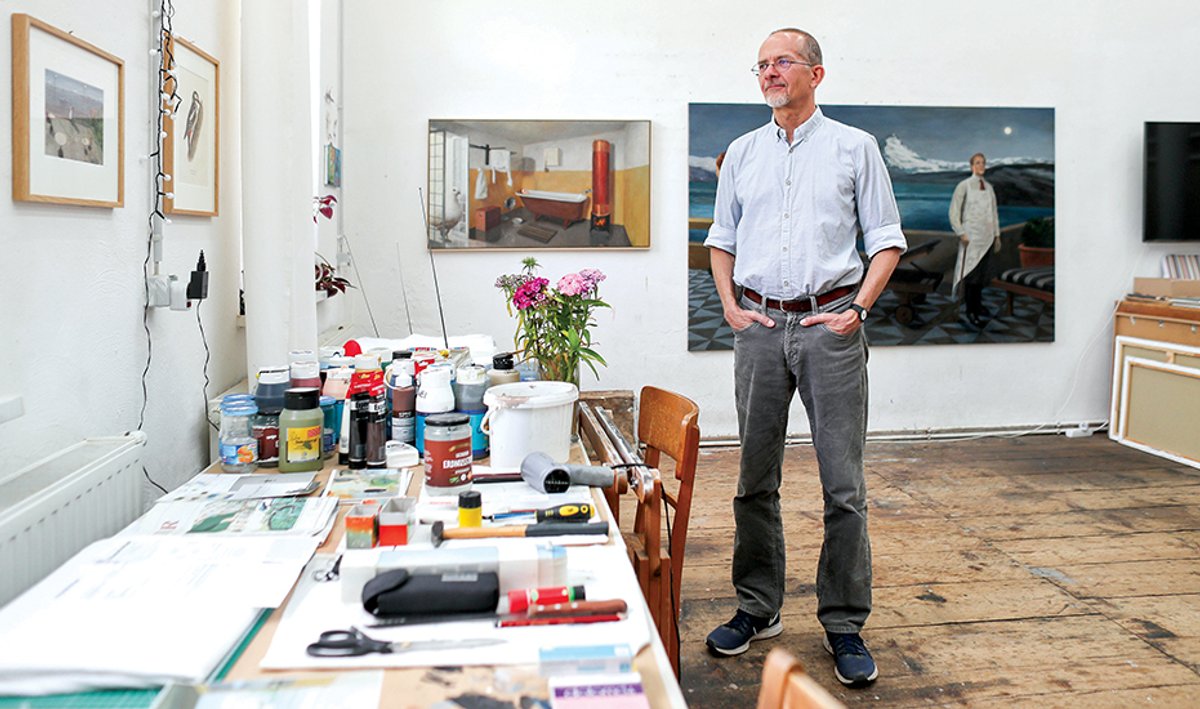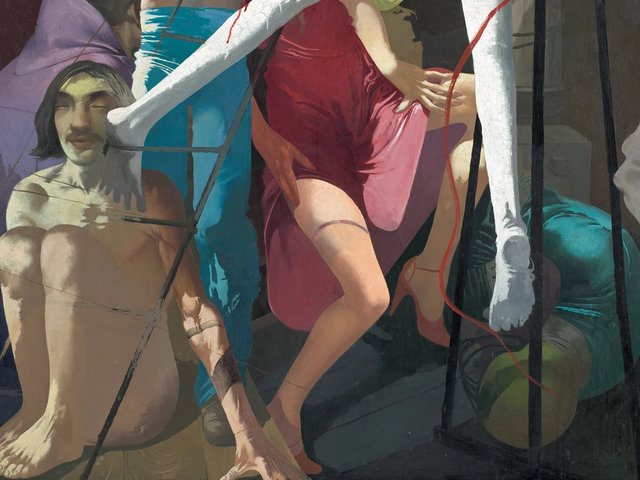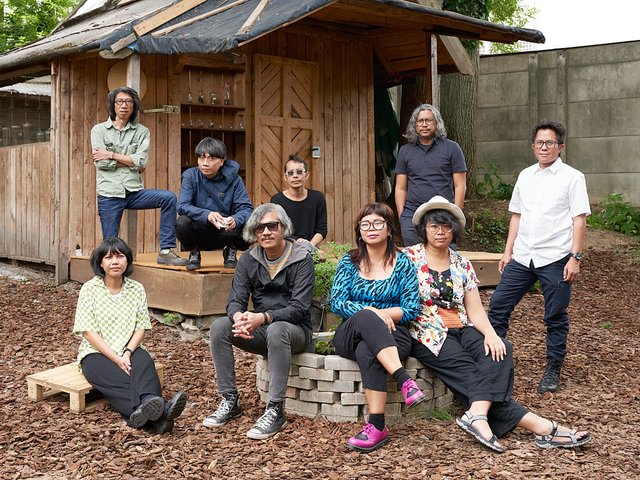It has been a turbulent year for the Leipzig Annual Exhibition—so much so that the show was even cancelled at one point because of an outcry over the inclusion, then exclusion, of an artist who sympathises with the far-right party AfD, or Alternative for Germany. It eventually went ahead—six days later than scheduled, and without the artist, Axel Krause.
Krause made headlines last year when his Leipzig dealer, Galerie Kleindienst, announced it was separating from him because of his political views. Krause had posted on Facebook that he was opposed to Chancellor Angela Merkel’s refugee policies. He described the influx of migrants in Germany as “illegal mass immigration” and the AfD as a “welcome corrective in an ailing political landscape”. Christian Seyde, the owner of Kleindienst, said he no longer wanted to give Krause a platform. “I am not a public institution,” Seyde told local media at the time. “I do not have a mandate that requires me to present everything that exists in society.”
Krause was one of 37 artists whose work was to be included at this year’s edition of the Leipzig Annual Exhibition at the Baumwollspinnerei, once the largest cotton-spinning mill on the European continent and now an art complex housing galleries, an exhibition space and dozens of artists’ studios. The show, which has taken place each year since 1993 and is organised by an association of artists and citizens, was scheduled to open on 6 June.
“It is not acceptable to stigmatise…people because of their [politics]”
Born in Halle in East Germany in 1958, Krause is associated with the New Leipzig School of painting, producing figurative works, often with surreal elements. His works have sold at Sotheby’s auctions. On 30 May, he posted on Facebook that as a “degenerate” artist and “public nuisance” he would be represented at the 2019 exhibition with “two remarkably harmless, apolitical works”.
The following day, the managers of the Leipzig Annual Exhibition—who had come under considerable pressure from members of the organising association to exclude him from the show—announced they were ejecting him. Then on 1 June, five days before the show was due to open, they cancelled it entirely because of concerns that the dispute could disrupt the opening.
The show finally opened, without Krause, on 12 June. The organisers said their decision to exclude him was based on his Facebook post describing himself as “degenerate”, implicitly comparing himself to artists banned by the Nazis. “We see no reason to revise this decision,” they said.
But the debate over whether excluding Krause amounted to an attempt to suppress artistic freedom continues. Eva-Maria Stange, the culture minister in the state of Saxony and a member of the Social Democratic Party, said she thought it was wrong.
“It is not acceptable to stigmatise and socially exclude people because of their political stance,” she said in an interview with the Leipziger Volkszeitung newspaper. “The AfD is a democratically elected party. I can fully understand that people don’t share its views and reject it for good reason, but we live in a democracy, and that compels us to confront different positions.”




